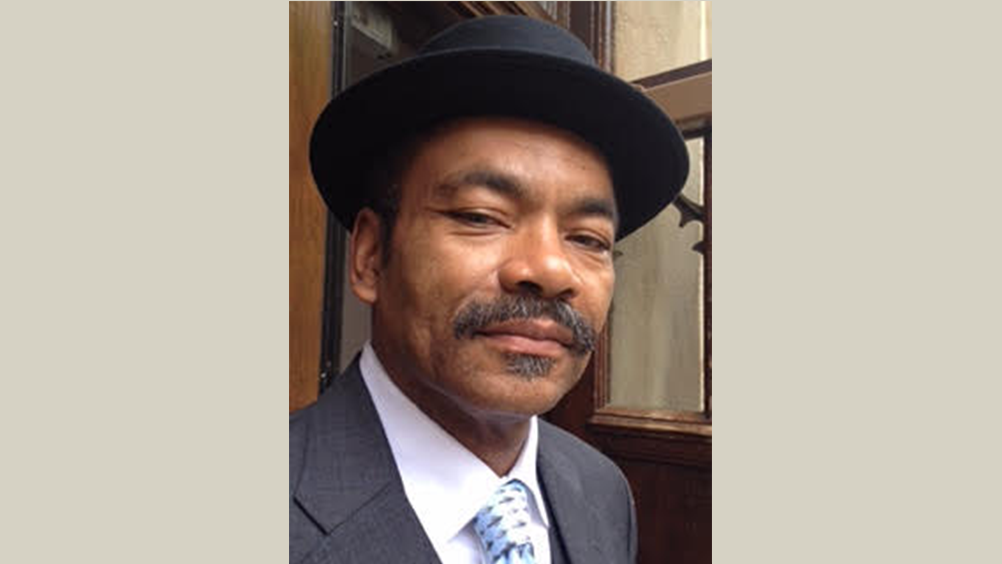Connections between Muslim World Diplomacy, Civil Rights, and the History of Jazz Explored in Book from GU-Q Scholar

The surprising role of diplomacy from the Muslim World in the history of American jazz music and the desegregation of Washington, DC, is just one of the fascinating stories in“DC JAZZ: Stories of Jazz Music in Washington, DC” (Georgetown University Press) co-edited by Dr. Maurice Jackson, a scholar of history and African American Studies at QF Partner Georgetown University in Qatar (GU-Q), and Blair A. Ruble, distinguished fellow for programs at the Woodrow Wilson International Center for Scholars.
In the opening chapter, Dr. Jackson tells the story of the sons of the Turkish Ambassador, Ahmet and Nesuhi Ertugun, their arrival in the U.S. capital in 1935, and their appreciation of jazz music and musicians. The young Ertuguns created waves by inviting Black artists to racially mixed lunches and improvisation sessions at the embassy, and defied laws that made it illegal for Black and White audiences to mix by hosting integrated concerts for some of the most famous emerging jazz musicians.
According to the authors, “The Erteguns left Washington a different city. Through their insistence on breaking racial barriers, they had cracked open a door to greater integration in entertainment venues and, ultimately, much more.” Ahmet Ertugan, himself a graduate of Georgetown University’s DC campus, would go on to co-found Atlantic Records, creating opportunities for many African-American musicians and changing the industry.
The story of jazz isn’t only about the musicians, music, and melodies, explains Dr. Jackson. “Music is a medium that has drawn people together in their struggle for equality and justice,” he said. “And that struggle has, in turn, influenced the kind of music that is made, and shaped the musicians who played it.”
Through profiles of African American musicians, music promoters, cultural and political figures, scholars and historians, and figures who inadvertently changed the course of history, like the Ertugans, said Dr. Jackson, the book also tells the story of the civil rights movement, or “the“deep connection between creativity and place.” The study of art is also the study of society because they are deeply connected and influence each other, themes Dr. Jackson says he also covers in his courses on international affairs at GU-Q.
The book, a co-publishing initiative with the Historical Society of Washington, DC, expands on a special issue of Washington History Magazine, co-edited by Dr. Jackson, and includes over thirty museum-quality photographs and resources for learning more about the jazz community in Washington, DC.
Dr. Jackson is a visiting scholar from the Georgetown campus in Washington, DC, a prolific author on African American history in the 18th and 19th centuries, and a 2009 inductee into the Washington, DC, Hall of Fame. He was also inaugural chair of the DC Commission of African American Affairs.